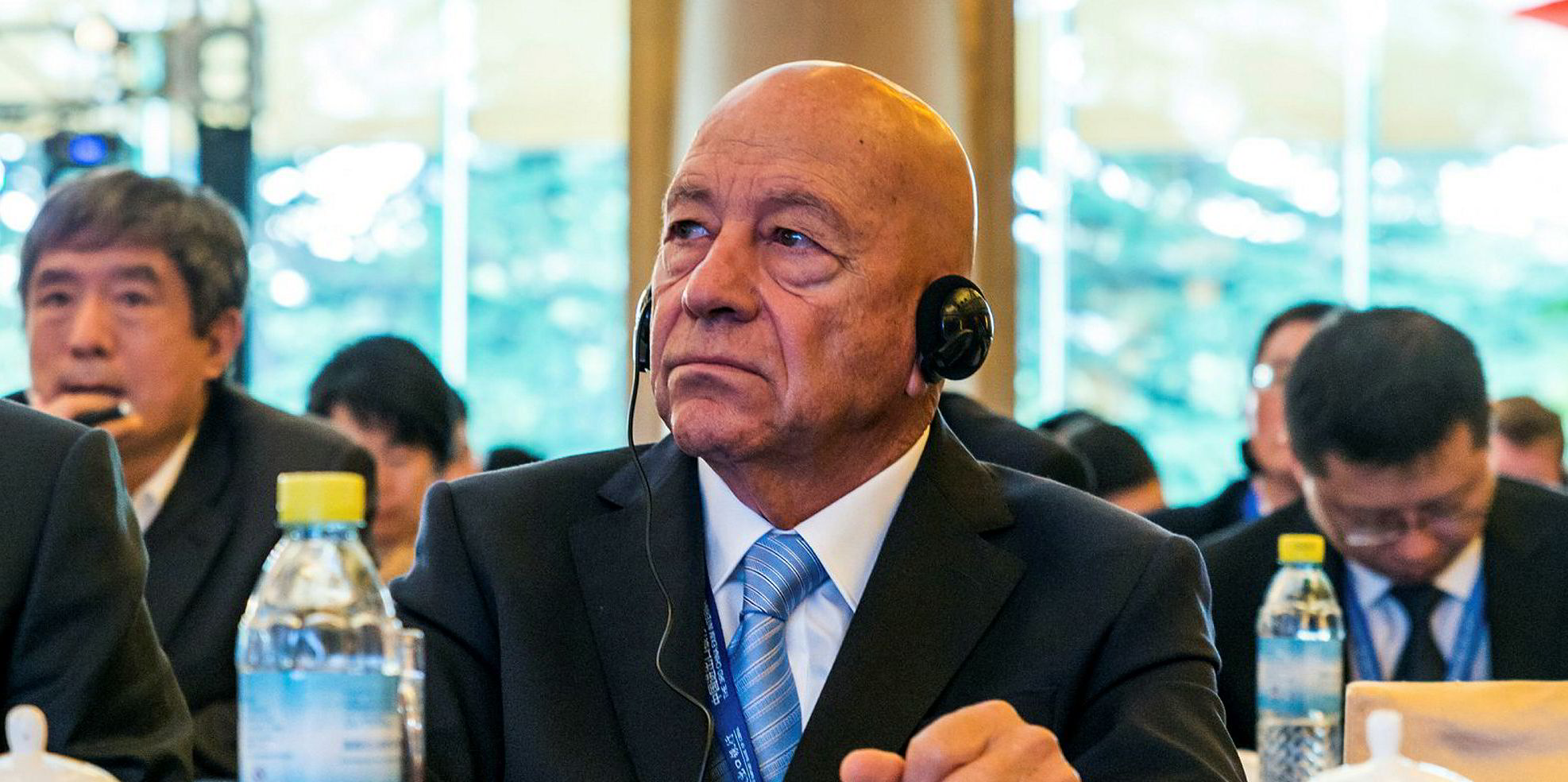Period charter rates have moved progressively higher in the suezmax market this month, riding on strong spot market sentiment amid tight tonnage across the tanker spectrum.
At the beginning of last week, Polembros Shipping chartered the 157,258-dwt Kimolos Warrior (built 2013) to Trafigura for one year at $32,000 per day, according to brokers.
Teekay charter
Then, Teekay Tankers reportedly fixed the 156,900-dwt Tahoe Spirit (built 2010) to Koch Industries for the same period at $36,000 per day and the 158,600-dwt Atlanta Spirit (built 2011) to Lukoil at $40,000 per day.
The Canadian player also chartered the 160,000-dwt Seoul Spirit (built 2005) to Trafigura at $35,500 per day for 10 months, brokers said.
All three Teekay ships are scrubber free.
“The ‘hot’ vessel size were the suezmaxes with four fixtures to report — all getting progressively more expensive as the week progressed,” Braemar ACM said.
Trafigura declined to comment on the transactions. Teekay, Polembros, Lukoil and Koch Industries did not respond to emails seeking comment.
“The suezmax market is very active for period enquiry at the moment," a broker said. "Everyone wants a suezmax on time charter. It seems the pricing is reacting quickly off the back of the strong spot market.”
The Baltic Exchange put average spot suezmax earnings at $138,806 per day on Monday, up from $33,974 per day at the beginning of October.
Aside from enjoying trickle-down effects from the VLCC segment, where spot earnings are at a historically high level, suezmax earnings are also benefiting from a slow fleet growth, higher refinery throughput as a result of the IMO 2020 sulphur regulations, seasonal oil demand and rising Russian and Norwegian exports, according to analysts.
Still, in its monthly Tanker Freight Forecaster, Maritime Strategies International (MSI) said that with oil demand growth slowing, Opec and its Russia-led allies could agree a production cut at their December meeting, and that the spike could be short-lived.
“Subdued underlying oil markets and the prospects of an Opec cut reinforce the view that the current spike in the tanker market may last through the winter but is likely to recede in the first quarter of 2020, returning spot markets to lower levels, albeit still strong,” MSI said.





